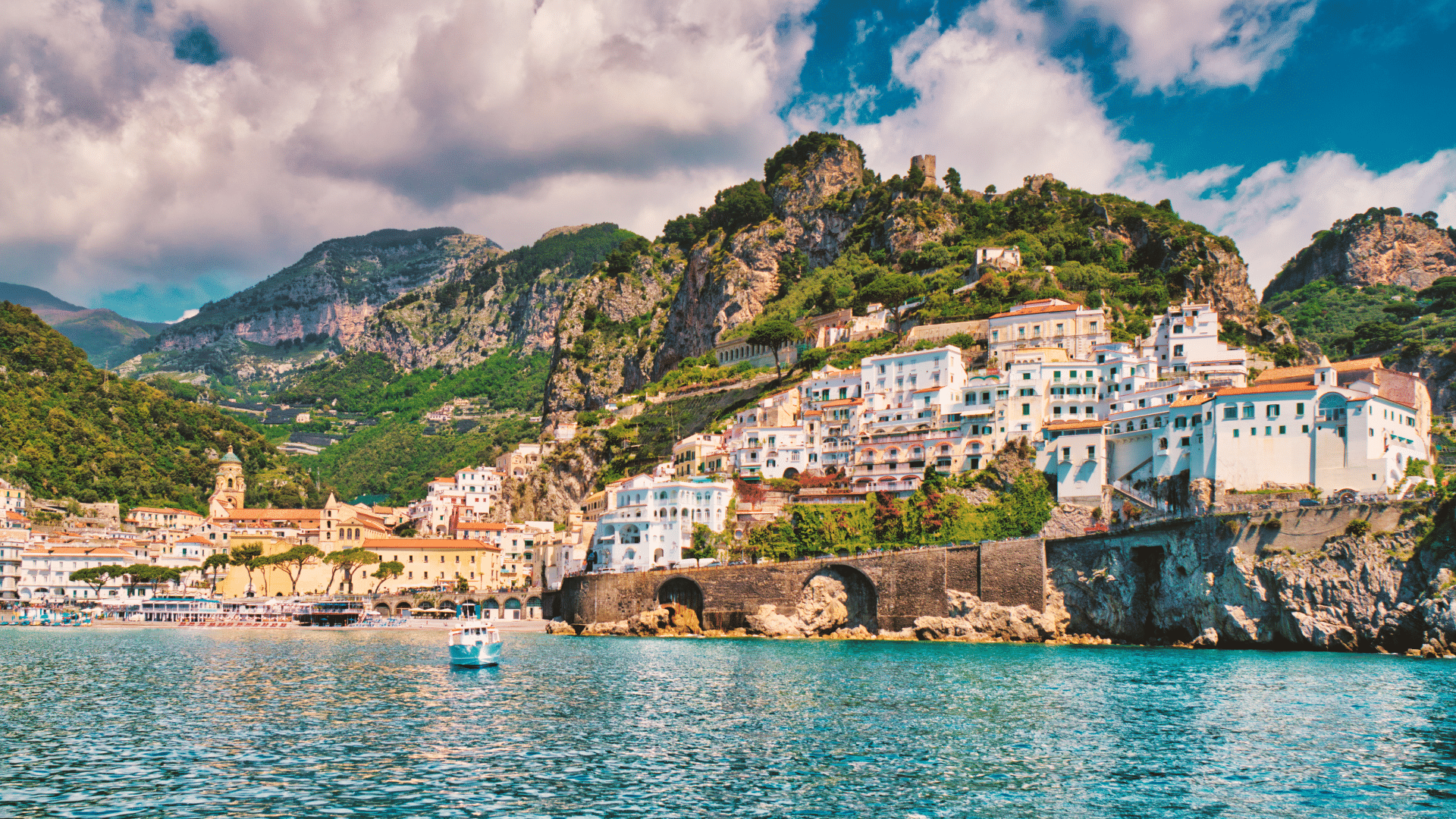
Destinations
Owning a vacation home is a dream for many. It’s not just about having a second place to unwind; it’s a strategic investment that can yield significant returns. For those who see the potential in real estate, buying a vacation home represents both a lifestyle upgrade and a financial opportunity. This blog post aims to guide you through the essentials of purchasing a vacation home, ensuring you make informed and rewarding decisions.
The Appeal of Vacation Home Ownership
Vacation homes offer the perfect blend of leisure and investment. Imagine sipping coffee on your beachfront balcony or skiing right out your front door. Beyond personal relaxation, these properties can also serve as lucrative rental investments. The demand for vacation rentals has surged in recent years, making it a ripe market for new investors.
Owning a vacation home allows you to have a personalized getaway spot whenever you wish. No more worrying about hotel bookings or vacation rentals. Simply pack your bags and head to your home away from home.
Economically, a well-chosen vacation home can appreciate over time. With the right location and management, you can generate rental income that covers expenses and provides profit. Plus, it’s a tangible asset, offering more stability than volatile markets.
Choosing the Perfect Location for Your Vacation Home
Location is key when it comes to vacation homes. Popular tourist destinations, like beaches, mountains, and bustling cities, tend to offer the best rental opportunities and long-term value. However, the charm of a hidden gem should not be underestimated. Sometimes, lesser-known areas provide unique experiences and stable growth prospects.
Before settling on a location, research the local market thoroughly. Understand the average property values, seasonal rental demand, and any upcoming developments that might influence future worth. Local amenities, such as dining, shopping, and recreational activities, can greatly enhance the appeal of a vacation home.
Consider the distance from your primary residence. A location that’s within a comfortable driving range ensures you can visit frequently, maximizing your leisure time and allowing easier management of the property.
Financing Your Vacation Home Purchase
Securing financing for a vacation home can differ from a primary residence. Lenders may require larger down payments and higher interest rates due to the perceived risk associated with second homes. Exploring options with different financial institutions can help you find favorable terms.
One financing avenue to explore is the USDA home loan in Texas. This option provides attractive rates for eligible buyers in rural areas, making it easier for some to purchase a vacation home. Always weigh the pros and cons of each financing method, factoring in both immediate costs and long-term implications.
Working with a financial advisor can provide clarity and confidence in your purchase decision. They can help you evaluate your budget, understand tax implications, and align your investment strategy with your long-term financial goals.
Legal Considerations and Restrictions
Buying a vacation home involves navigating legal waters, including zoning laws, tax regulations, and rental restrictions. Each area may have specific rules about property use, so it’s crucial to consult with a local real estate attorney to ensure compliance.
Understanding short-term rental regulations is essential if you plan to rent out your vacation home when you’re not using it. Some communities have strict rules about how frequently properties can be rented, which could impact your rental income.
Insurance is another critical consideration. Vacation homes often require special coverage due to their location and nature. Verify that your policy covers potential risks such as natural disasters and liabilities associated with renting.
Furnishing and Maintaining Your Vacation Home
Once you’ve purchased a vacation home, the next step is to furnish it with both style and practicality in mind. Choose durable, comfortable furniture that withstands frequent use and varying guest preferences. Investing in quality items can save money in the long run by avoiding frequent replacements.
Regular maintenance is crucial for preserving your investment and ensuring guest satisfaction. Consider hiring a local property manager to handle upkeep and address any issues that arise. This can be especially beneficial if you live far away from your vacation home.
Setting up an efficient system for restocking essentials and cleaning between guest stays ensures a seamless experience for renters, enhancing your home’s appeal and reputation.
Maximizing Your Vacation Home’s Rental Potential
To optimize rental income, market your vacation home effectively. High-quality photos and engaging descriptions on platforms like Airbnb and Vrbo can attract more bookings. Highlight unique features and nearby attractions to differentiate your property from the competition.
Dynamic pricing strategies, which adjust rates based on demand and seasonality, can maximize revenue. Utilizing rental management software can simplify this process, freeing you to focus on other aspects of property management.
Encourage guests to leave reviews, as positive feedback can significantly boost your property’s visibility and desirability. Responding to guest inquiries promptly and maintaining open communication are key to building a successful rental business.
Building a Community and Enhancing Your Experience
Owning a vacation home opens the door to new friendships and community involvement. Engaging with local events and networks can enrich your experience and provide valuable insights into the area.
Consider joining local homeowner associations or social groups to stay informed about community developments and initiatives. These connections can also be invaluable in managing your property, offering recommendations for trusted service providers and sharing rental tips.
Your vacation home is not just a financial asset but a gateway to new experiences and relationships. Building a community around it can enhance both personal enjoyment and investment success.
Planning for the Future
A vacation home can be part of a broader investment strategy. Consider how it fits into your long-term financial goals and estate planning. Whether you plan to keep it in the family or sell it for profit in the future, having a clear vision can guide your decisions.
Regularly reassess the market and your property’s performance, adjusting your approach as needed to ensure it remains a valuable asset. Staying informed about tourism trends and local developments will help you anticipate and adapt to changes.
By viewing your vacation home as a dynamic part of your portfolio, you can maximize its potential and enjoy the benefits for years to come.
Conclusion
Purchasing a vacation home is more than a financial investment; it’s a lifestyle choice that offers relaxation, adventure, and community. By carefully considering location, financing, and management, you can enjoy your leisure time while making smart investments.
Whether you’re sipping morning coffee on a mountain deck or hosting family gatherings by the sea, your vacation home is a testament to your aspirations and achievements. Ready to learn more about making the most of your investment? Explore our resources and start your vacation home journey today.
Keep an eye for more news & updates on Well Known Figure!






